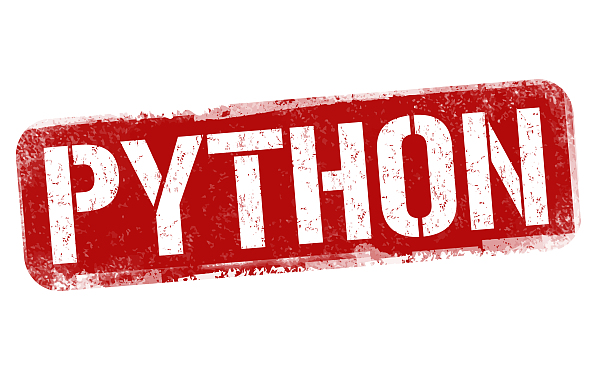I've the following model:
class NoteCategory(models.Model):
title = models.CharField(max_length=100, unique=True)
def __unicode__(self):
return '{}'.format(self.title)
class PatientNote(models.Model):
category = models.ForeignKey(NoteCategory)
patient = models.ForeignKey(Patient)
description = models.CharField(max_length=500)
created_at = models.DateTimeField(auto_now_add=True)
def __unicode__(self):
return '{}'.format(self.description)
And the following serializer:
class PatientNoteSerializer(serializers.ModelSerializer):
class Meta:
model = PatientNote
I just want to make a POST on the PatientNote. The GET works and also the POST on other models works properly:
class PatientNoteViewSet(APIView):
queryset = PatientNote.objects.all()
def post(self, request, format=None):
if not request.auth:
return Response({})
token = Token.objects.filter(key=request.auth)[0]
user = token.user
serializer = PatientNoteSerializer(request.data)
if serializer.is_valid():
serializer.save()
return Response(serializer.data, status=status.HTTP_201_CREATED)
return Response(serializer.errors, status=status.HTTP_400_BAD_REQUEST)
The request.data is a QueryDict, i.e.,
<QueryDict: {u'category': [u'1'], u'patient': [u'1'], u'description': [u'da rest']}>
It would be able to populate the two FKs, patient and category, through their IDs and the description is a simple text.
The POST request is the following one (that works with other models): 
Anyway, the POST response is 500 with the following error:
AssertionError at /api/notes/
Cannot call .is_valid() as no data= keyword argument was passed when instantiating the serializer instance.
The error is the same if I try to use it in the python shell.






 已为社区贡献126445条内容
已为社区贡献126445条内容

所有评论(0)